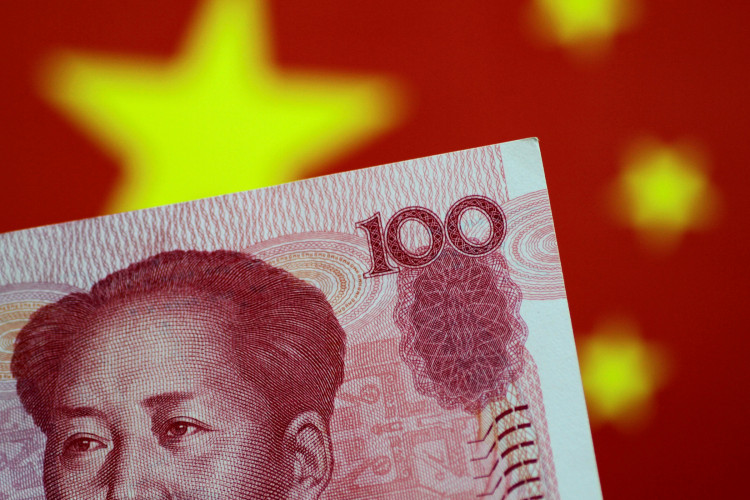Sberbank CEO German Gref stated on Friday that the demand for the Chinese yuan is increasing in Russia. He noted that the bank has utilized central bank currency swaps for accessing yuan liquidity. The US dollar had been the dominant currency in Russia since the Soviet Union's collapse in 1991; however, the yuan has gained significant importance over the past year.
Due to Western sanctions regarding the Ukraine conflict and Russian countermeasures, Russia's ability to conduct business in dollars has been substantially limited. As a result, Sberbank has gradually raised its interest rates on yuan deposits and borrowed from the Russian central bank in yuan on multiple occasions.
At the bank's annual general meeting on Friday, shareholders supported the board's recommendation to pay a record 565 billion rubles ($6.94 billion) in dividends. Gref said, "Half of these funds will be paid to the state as our controlling shareholder. The other half will go to the more than 1.5 million people who are our private shareholders."
He also mentioned that the proportion of non-residents' capital in the bank has decreased to around one-third, which includes around 5% of non-convertible depositary receipts. Gref did not specify the jurisdiction. In comparison, Sberbank's non-resident share for 2021 was 44.37%.
Additionally, Sberbank will contribute to a one-time windfall tax that the Russian government intends to impose to address its growing budget deficit. Gref confirmed that the bank would use an early payment option and allocate around 10 billion rubles to the budget.
Gref denied that Sberbank was in talks with Austria's Raiffeisen Bank International (RBIV.VI) regarding an asset swap. In March, the Financial Times reported that Raiffeisen sought to exchange $400 million worth of profits with some of Sberbank's funds frozen in Europe.




